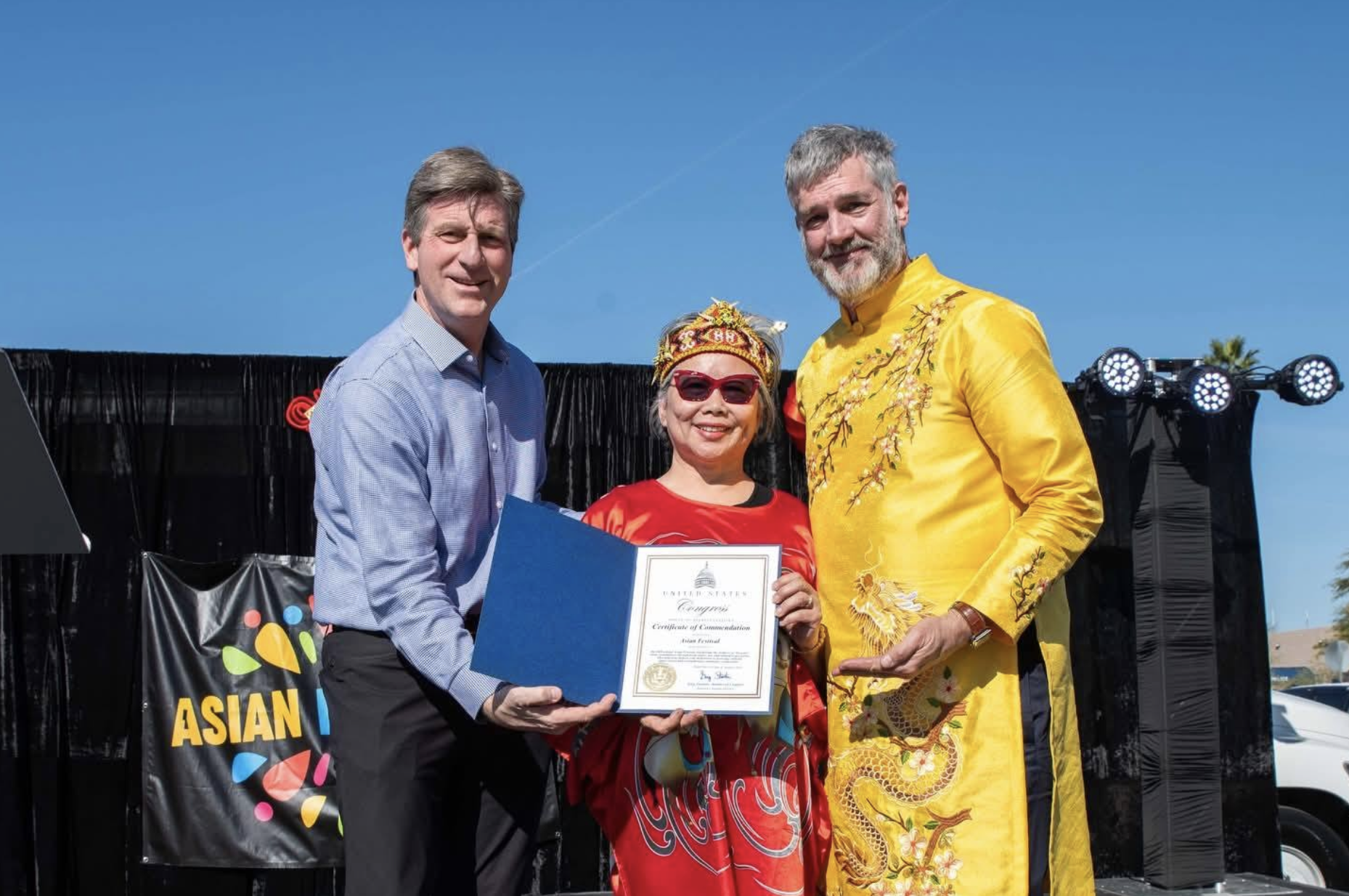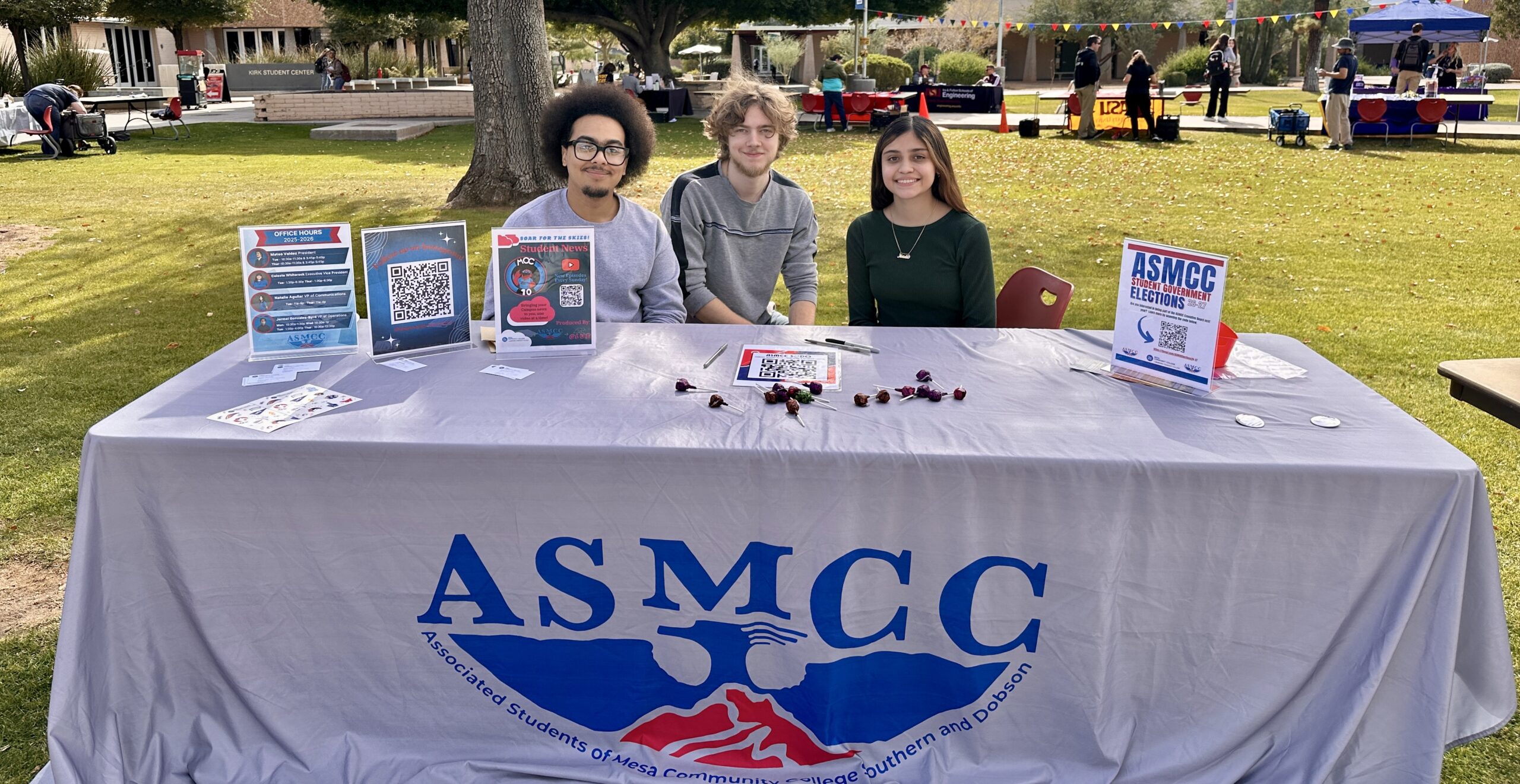‘Death Note’ adaption is tragic miststep for Netflix
Marcus Campbell
Mesa Legend
Netflix released its tragic adaptation of Death Note on August 25 for streaming. The movie is the worst misstep for the streaming giant since The Ridiculous 6. The series has already been adapted multiple times in Japan as a live action tv series, an animated film series, and a musical. This time Adam Wingard, director of You’re Next and The Guest, directs the feature film adaptation of the beloved manga and anime series Deathnote.
In both the series and the film a high school teenager named Light comes across a notebook with magical properties that allow the user to kill people just by writing their name on the pages with their face in mind. Along the way, Light encounters a Shinigami, or God of Death who is one the original owners of the death notes and a genius and eccentric detective named L. That is where the similarities end, what was once a suspenseful, cerebral thriller becomes a bumbling mess. The Asian cast has been completely disassembled, with one quick name change Nat Wolff steps in and Light Yagami becomes Light Turner.
The only Asian charter that remains in the main cast is L’s servant Watari who ironically is one of the few characters in the original cast that could have passed for white. The brilliant detective L, Light’s antagonist through most of the series, is stripped of most of his intelligence and reason in favor of a quick story turn around and an attachment to his butler Watari. Lakeith Stanfield portrays L and provides the only redeeming quality from claims of white washing. Stanfield also turns in the only human performance of the bunch even with his limited material.
Willem Dafoe makes a much welcome appearance as the voice of the Shinigami Ryuk, and provides the film with its only humorous moments. The character of Misa Amane is renamed Mia Sutton and is one of the few female characters from the original that makes the cut. Unfortunately, she is stripped of all her appeal from the original anime. She no longer has her own deathnote or her own Shinigami making her essentially Light’s cheerleader and not useful at all on her own. At one point in the film the character of Mia even remarks, “I was just a cheerleader before I met you, Light.”
Light’s sister is nonexistent and Light’s mother is written out of the story in a car crash for the sake of making Light’s character morally jaded in a way he wasn’t in the anime. In the original anime Light’s character, morality, and ethics are all pristine but once he finds the deathnote the audience witnesses him slowly unravel and become a villain. However, in the film adaption Light already has a warped sense of justice and earns trips to detention for helping other students cheat. The story and characters loose almost all their interest in this adaptation.
The film condenses 25 of the 37 original episodes and as with any adaptation there are major sacrifices. Light is never ultimately invited into the investigation by L and there is only one deathnote present in the film despite their being numerous deathnotes in circulation in the manga and anime. The relationship between Light and Mia is as contrived and forced as a B-story relationship can possibly be.
Even if I believed the characters loved each other for a second I still would not have cared that they constantly try to kill each other in the third act.Every aspect of this film falls flat and the 41 Metacritic shows critical disfavor across the board. It’s no wonder why Warner Brothers passed on the project and handed it over to Netflix and lord knows why Netflix took it.









